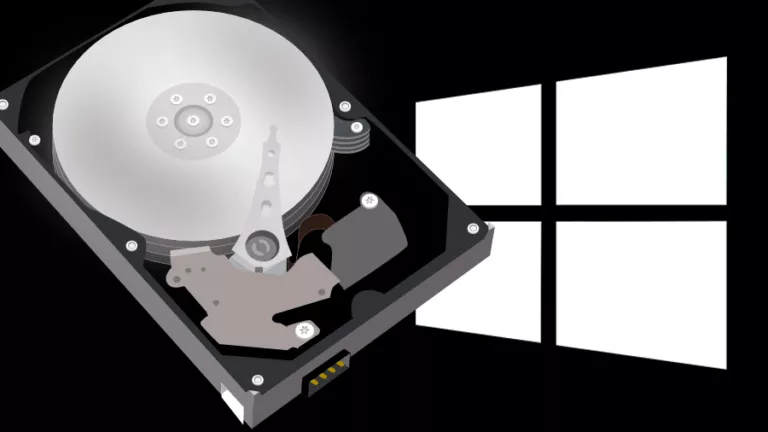Cyanogen’s Android Dreams Are Dead, Launches A New Cyanogen Modular OS

 Short Bytes: The Cyanogen Inc’s new CEO Lior Tal has announced that the company has launched the Cyanogen Modular OS, a platform which will enable makers to use parts of Cyanogen’s OS and combine it with either the stock Android ROM or their own custom ROM.
Short Bytes: The Cyanogen Inc’s new CEO Lior Tal has announced that the company has launched the Cyanogen Modular OS, a platform which will enable makers to use parts of Cyanogen’s OS and combine it with either the stock Android ROM or their own custom ROM.
The strategic shift has been concurrent with changes in company’s key positions. Lior Tal has taken the position of the CEO which was earlier occupied by the co-founder Kirt McMaster. McMaster will be the executive chairman of the board.
The full picture of the Cyanogen OS will now be replaced by small parts in the form of Modular OS which is the new open source offering by the Cyanogen Inc. “It is designed to achieve the original objective of an open and smarter Android without the limitations of requiring the full Cyanogen OS stack and individual device bring-ups,” writes Tal in a blog post.
“The new partnership program offers smartphone manufacturers greater freedom and opportunity to introduce intelligent, customizable Android smartphones using different parts of the Cyanogen OS via dynamic modules and MODs, with the ROM of their choice, whether stock Android or their own variant.”
The device makers opting for the Cyanogen Modular OS program will have the advantage of paying for the limited number of features they want to use. For instance, Cyanogen’s artificial intelligence cloud services in its operating system which allow analysis of usage pattern in the OS and come up with “more effective ways to resolve intent and interact with smartphones in a personalized and highly contextual way”.
The Cyanogen OS appeared as a competitor to Android and iOS. With the announcement of the Cyanogen Modular OS, their dream of putting a bullet in Google’s head is gone.
Tal says that the rising demand for hardware-packed low-cost smartphones in the market has elevated manufacturers’ focus from the software and services compelling them to put more efforts on scale and efficiency. “Innovation cannot happen in a vacuum, which is what we have today,” writes Tal. He notes that the device manufacturers don’t take much pain to release security patches and updates for the Android which has become more fragmented than before.
“All of this has created an opportunity for Cyanogen to break free from its legacy model, which required it to own and deliver the full-stack of the operating system, and instead aim for something greater than the sum of our parts.”
The Cyanogen Modular OS is a step further from their MOD program launched earlier this year which eased up the process of adding features to Cyanogen OS. Microsoft and Cyanogen partnership opened the gates for Skype to take the place of the phone dialer in Cyanogen OS along with Cortana’s entry. But MOD’s limitation was that it could be implemented only on the complete Cyanogen OS.
Source: Cyanogen
If you have something to add, tell us in the comments below.
Also Read: This Coca-Cola Themed Gaming PC By Maingear Looks Like A Gamer’s Ultimate Dream




